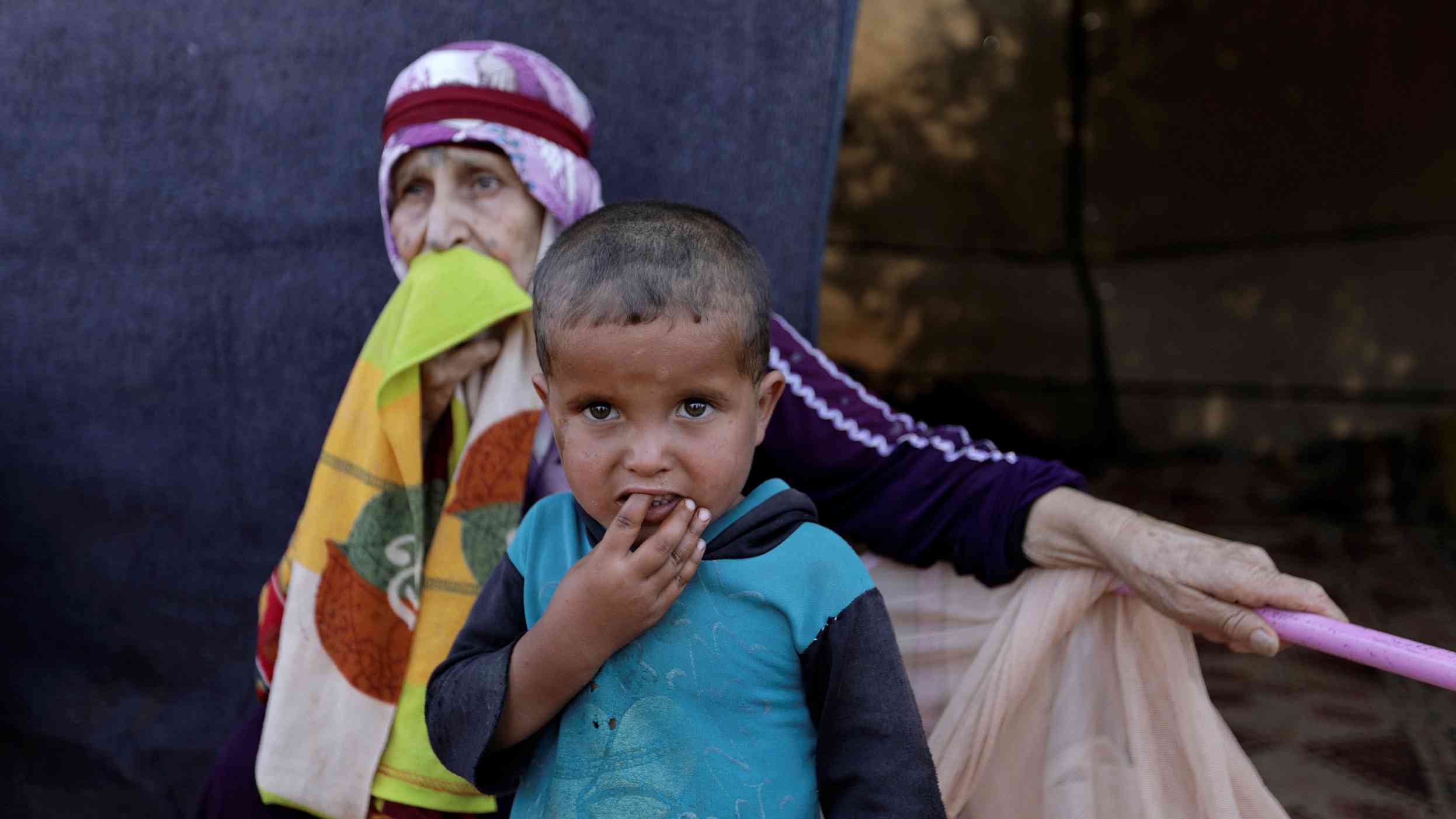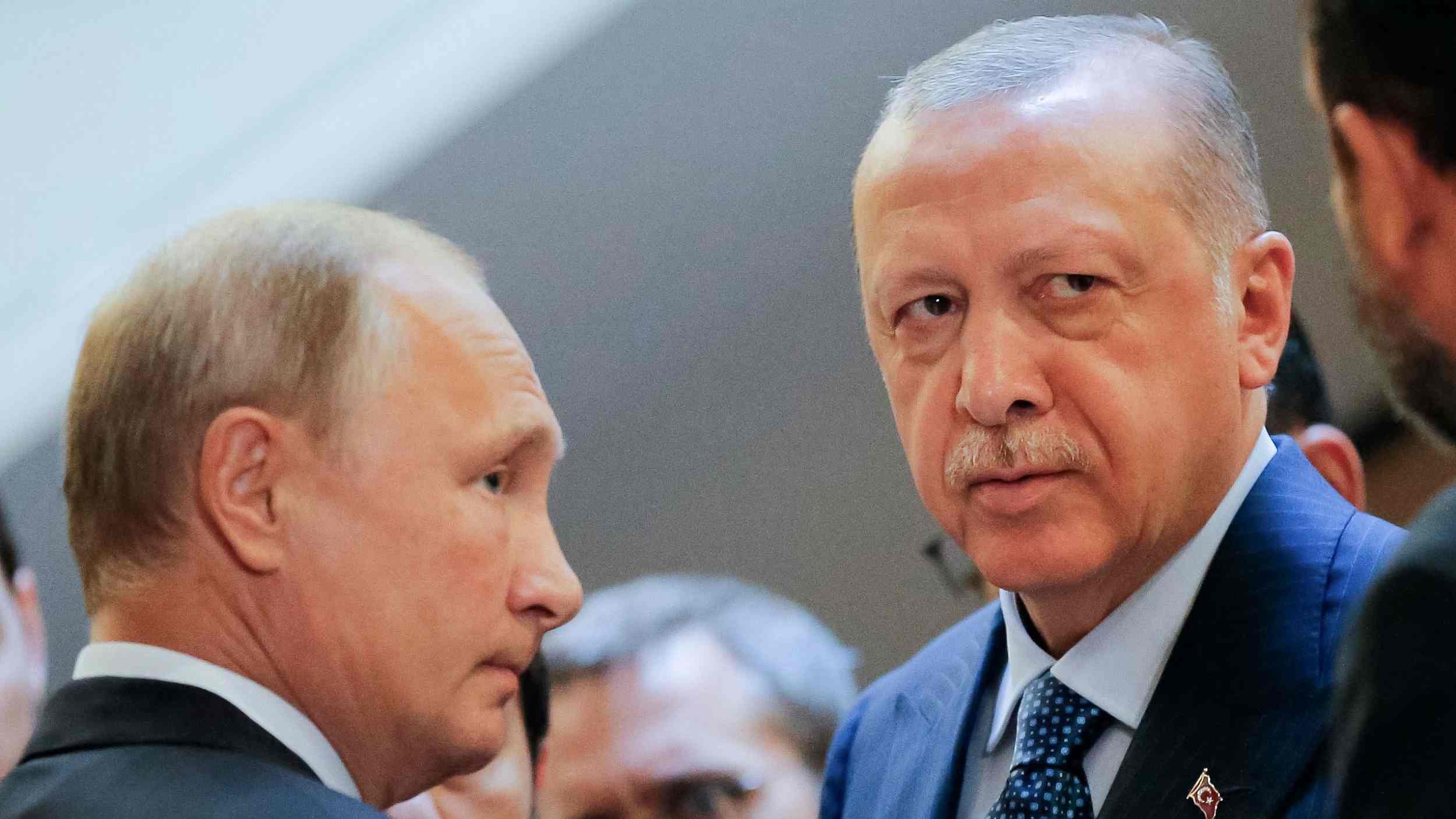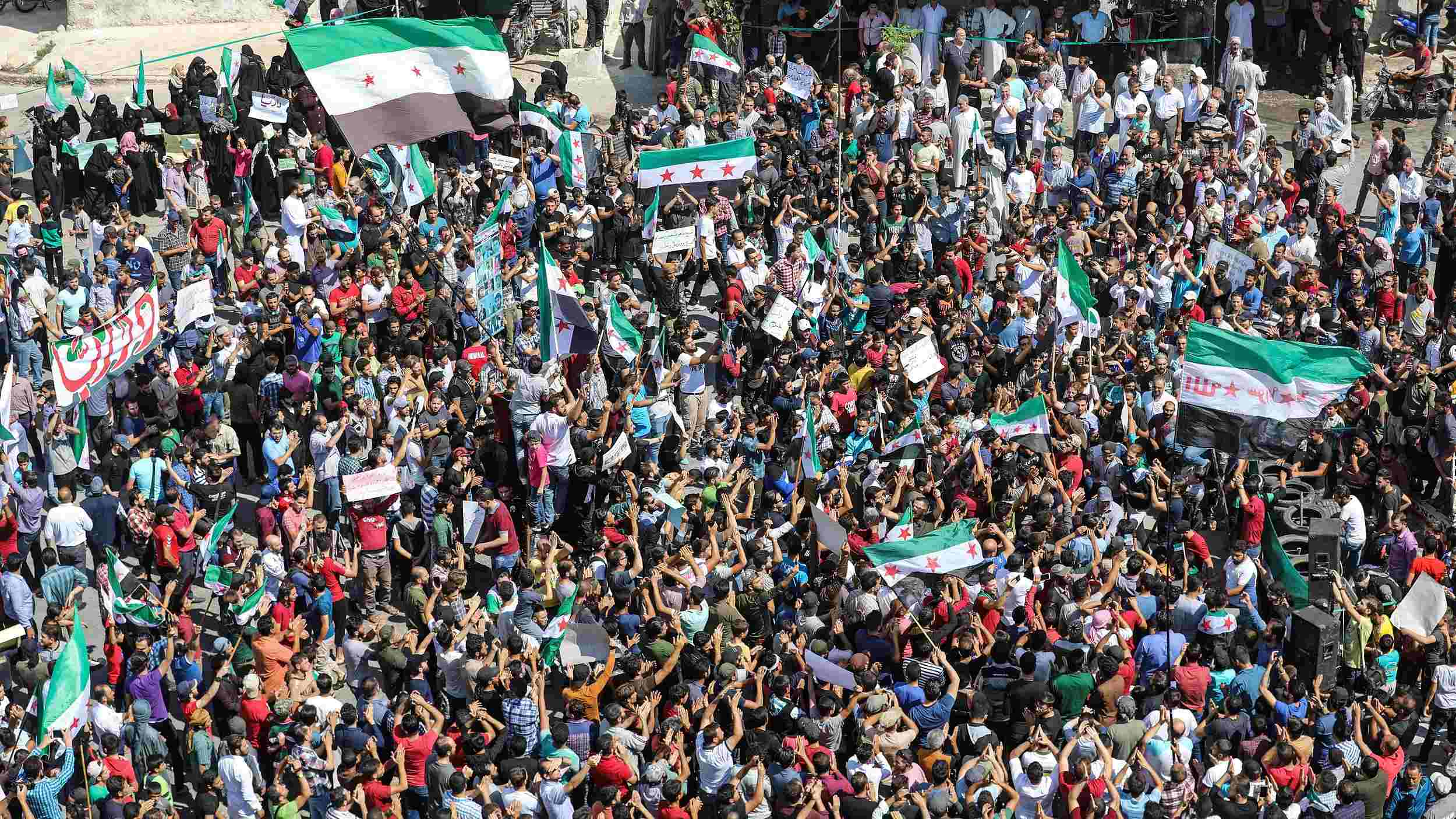
Politics
18:11, 18-Sep-2018
Why Idlib matters: Last rebel stronghold of Syrian war
Updated
17:10, 21-Sep-2018
By John Goodrich

Uncertainty over the immediate fate of Idlib province was temporarily abated on Monday after a deal between the leaders of Russia and Turkey put off a full-scale government offensive in Syria's last major rebel-held region.
Idlib is central to the outcome of the seven-year Syria war, and the approach to it will have repercussions across the region as internal and external forces compete for influence.
Read more:
Pro-Damascus forces had been expected to target the north-western province, despite diplomatic opposition from Turkey, in an assault bringing the war closer to an endpoint while also, according to the UN, risking a humanitarian crisis.
However, a deal struck by Russian President Vladimir Putin, who backs the Syrian government, and Turkish President Recep Tayyip Erdogan, who supports the opposition in Idlib, aims to create a buffer zone between government and rebel forces in Idlib by October 15.

Russian President Vladimir Putin (L) and Turkish President Recep Tayyip Erdogan (R) in the Black Sea resort of Sochi, September 17, 2018. /VCG Photo
Russian President Vladimir Putin (L) and Turkish President Recep Tayyip Erdogan (R) in the Black Sea resort of Sochi, September 17, 2018. /VCG Photo
The Russia-Turkey deal lessens immediate fears for Idlib, but questions over how it will work, how long it will be in place, and what happens next, remain as yet unanswered.
Why is Idlib important?
Idlib is the last remaining major rebel-held area in Syria, after a seven-year war which has seen an estimated 360,000 people killed and millions displaced.
The province is home to around three million people, including many who fled or were removed from opposition areas elsewhere in Syria. Tens of thousands are jihadist or other rebel fighters, including several thousand foreigners.
Idlib is also important strategically: it borders Turkey, and key logistical routes run through it.
If President Bashar al-Assad were to take the province, the war in Syria would be a step nearer to ending, and he would be closer to reclaiming the whole of the country, although pockets of resistance remain.
Who are the rebels?
The rebel groups in Idlib have a variety of allegiances, and no single entity is in control.
There are an estimated 60,000 rebel fighters in the area. About 10,000 of those fighters, many of whom are foreigners, are thought to be from groups designated as terrorist by the United Nations, according to the UN envoy to Syria.

Syrians from the rebel-held northern city of Idlib gather for an anti-government demonstration in the main square in Idlib, September 14, 2018. /VCG Photo
Syrians from the rebel-held northern city of Idlib gather for an anti-government demonstration in the main square in Idlib, September 14, 2018. /VCG Photo
Tahrir al-Sham, an amalgamation of Islamist groups dominated by the former al-Nusra Front – an Al-Qaeda affiliate until 2016 – is the most powerful rebel group.
Other Islamists, and groups fighting under the Free Syrian Army banner, are now gathered with Turkish backing under the banner of the "National Front for Liberation."
The Russia-Turkey deal would lead to the "withdrawal of all radical fighters" from Idlib, according to Putin who namechecked "al-Nusra."
It is not clear which other groups will be designated as "radicals" or how different groups will be identified, other than it will be a judgment made by Russia and Turkey.
It is also unclear how "radical fighters" would be removed, what would happen if the October 15 deadline is not met, or – a major concern for international actors – where foreign fighters would go.
What are the geopolitical concerns?
The geopolitical stakes in Idlib are extremely high. Before the deal struck on Monday, there was a real risk of Russian and Turkish troops clashing.
Turkish media has reported that NATO member Turkey had started fortifying positions in Idlib over recent days and positioned military hardware along the border with Syria.
Although tensions have calmed with the plan to put a buffer zone in place, risks remain, including that an escalation of fighting could draw in other foreign powers.
There is also a practical concern that Assad will require international support to rebuild the country, and a humanitarian disaster in Idlib would make this all the more difficult.
What are the humanitarian concerns?
The UN has warned that an attack on Idlib could displace as many as 800,000 people, who would flee towards a Turkish border that has been fortified in recent weeks.
Turkey is already home to around 3.5 million displaced Syrians and fears an attack on Idlib would lead to many more attempting to cross into the country. Tens of thousands have escaped the area since shelling and airstrikes escalated at the beginning of September.
A huge new flow of Syrians into Turkey would also likely have consequences for the EU, with migration already a major issue for the bloc, ahead of a leaders' summit on Wednesday.
"With this agreement, we have precluded experiencing a large humanitarian crisis in Idlib," Erdogan told reporters on Monday.
With so many competing influencers in Idlib, implementing a plan that lasts will be a major test.
6776km

SITEMAP
Copyright © 2018 CGTN. Beijing ICP prepared NO.16065310-3
Copyright © 2018 CGTN. Beijing ICP prepared NO.16065310-3